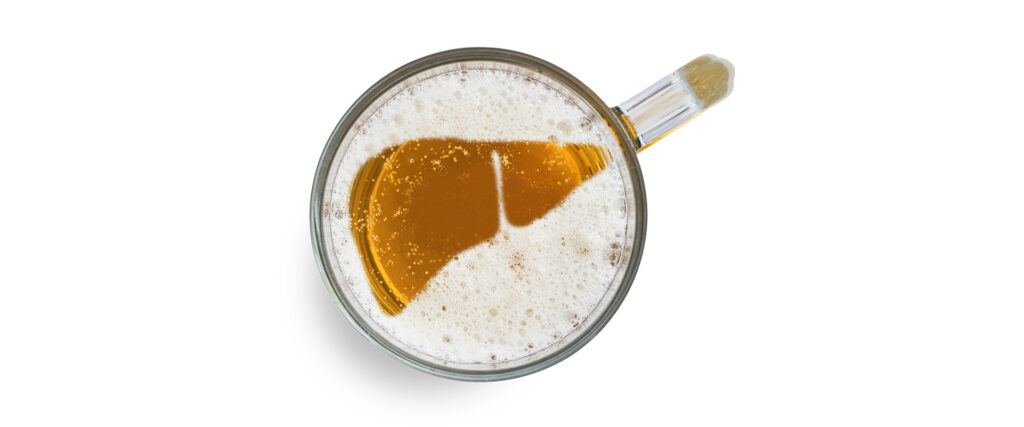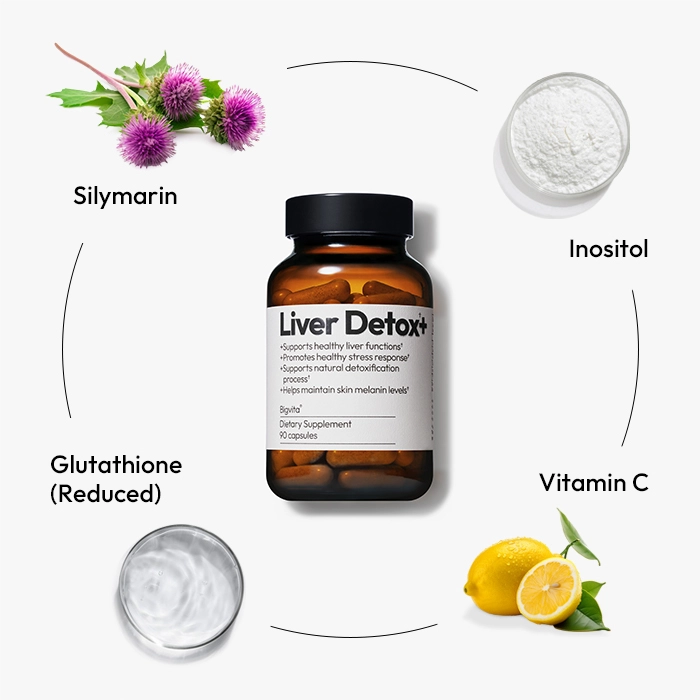The liver, often referred to as the body’s ultimate multitasker, plays a vital role in numerous physiological processes, including metabolism, detoxification, and nutrient storage. However, excessive alcohol consumption can wreak havoc on this resilient organ, leading to a range of liver-related disorders and compromising overall health.
Alcohol metabolism primarily occurs in the liver, where enzymes break down ethanol into acetaldehyde and then into acetate, which is eventually metabolized into water and carbon dioxide. While moderate alcohol consumption may not pose significant harm to the liver, chronic and excessive drinking can overwhelm the liver’s capacity to metabolize alcohol efficiently. This can lead to a buildup of fatty deposits, inflammation, and severe scarring, known as cirrhosis.
Stages of Alcohol-Related Liver Damage
Fatty Liver Disease
The first stage of alcohol-related liver damage is Fatty Liver Disease, characterized by excessive fat buildup in liver cells. This condition is often asymptomatic but can progress to more severe forms of liver disease if alcohol consumption continues. Alcoholic Hepatitis follows, marked by liver inflammation and cell damage. Symptoms can range from mild to life-threatening and include jaundice, abdominal pain, and fever.
Alcoholic Cirrhosis
With continued alcohol abuse, Alcoholic Cirrhosis can develop. This advanced stage involves significant scarring of liver tissue, which impedes liver function and can lead to multiple complications, including portal hypertension and liver failure. Furthermore, chronic alcohol consumption significantly increases the risk of developing liver cancer, particularly hepatocellular carcinoma, which is among the most common types of liver cancer.
Preventative Measures for Liver Health
To mitigate the risks associated with alcohol and protect liver health, several preventative measures can be adopted.
Moderating Alcohol Intake and Hydration
Moderating alcohol intake is crucial; adhering to recommended guidelines or abstaining entirely can prevent the onset of liver damage. Hydration is also important, as water helps to flush toxins from the body, supporting liver function.
Maintaining a Balanced Diet and Physical Activity
A balanced diet rich in fruits, vegetables, whole grains, and lean proteins can aid in maintaining liver health. Nutrients such as vitamin E and omega-3 fatty acids, found in nuts, seeds, and fatty fish, respectively, can help reduce liver inflammation and improve liver function. Regular physical activity also contributes to overall health and can help maintain a healthy weight, reducing the risk of fatty liver disease.
Minimizing Exposure to Environmental Toxins
Lastly, it is advisable to minimize exposure to environmental toxins and chemicals, such as those found in some cleaning products and pesticides, which can place additional strain on the liver.
By understanding the effects of alcohol on the liver and implementing these practical tips for liver care, individuals can take proactive steps to protect their liver and promote overall health and well-being. These measures not only enhance liver function but also contribute to a healthier lifestyle, underscoring the importance of liver health in maintaining the body’s balance and vitality.



